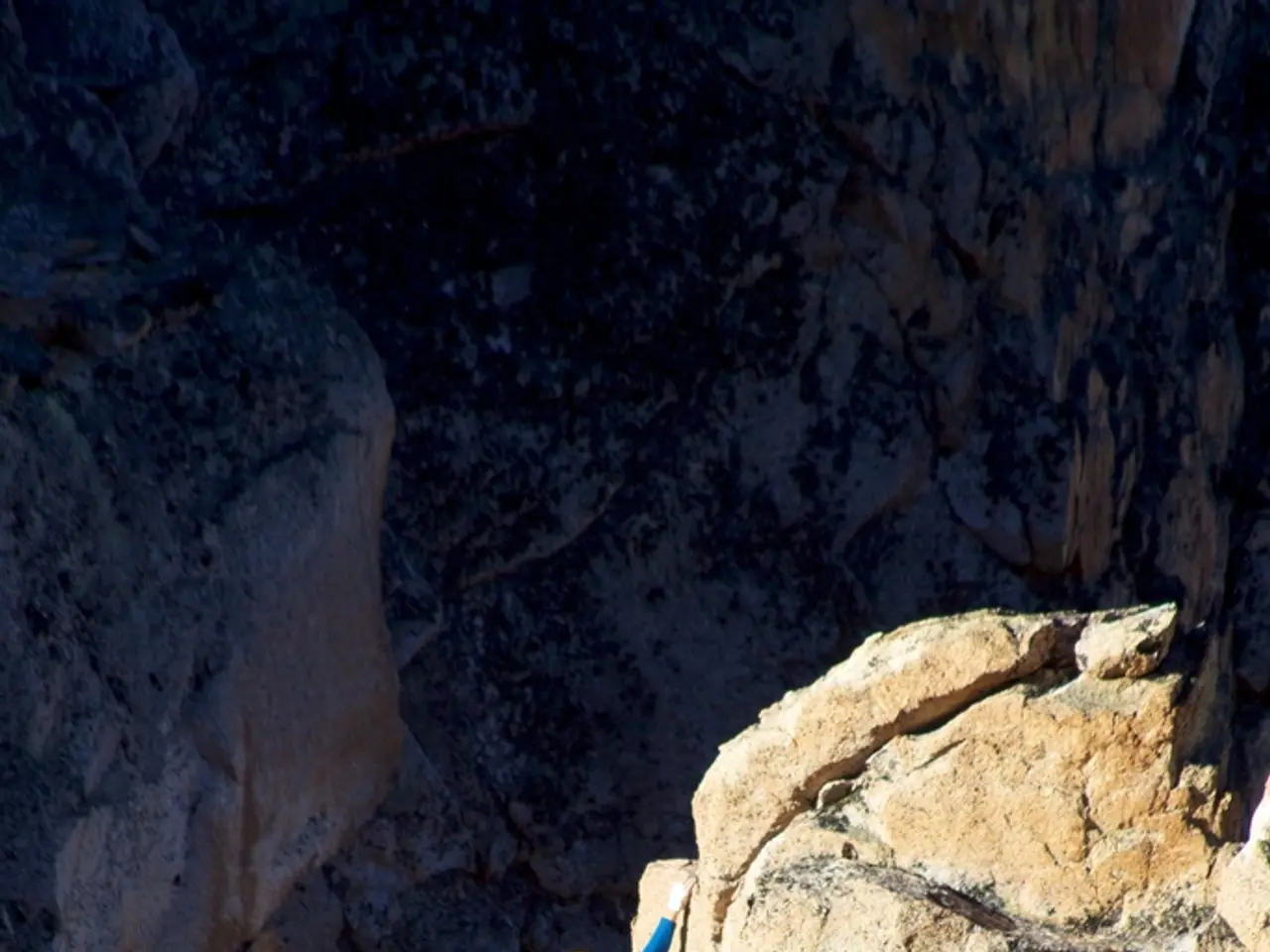Unveiling the Opportunities: Free Climbing in Karnali and Sudurpaschim, Nepal
Mountaineering costs in Nepal escalate, prompting the country to offer free access to almost 100 alternative peaks
In an exciting development for the global mountaineering community and adventure enthusiasts alike, Nepal is offering free permits to climb 97 peaks in the remote provinces of Karnali and Sudurpaschim for the next two climbing seasons. This initiative, aimed at promoting adventure tourism and reducing pressure on popular destinations, presents an unparalleled opportunity to explore, practice, and potentially set records on some of the world's most magnificent mountains.
Mountains to Conquer
The Karnali Province boasts 77 peaks, each offering a unique climbing experience with breathtaking views. Meanwhile, Sudurpaschim Province provides 20 peaks, including notable mountains such as Api (7,132m) and Saipal (7,030m), which now serve as excellent training grounds for high-altitude climbs.
Challenges and Heights
The mountains in Karnali and Sudurpaschim range from 5,970m to 7,132m, providing a variety of climbing challenges suitable for both seasoned mountaineers and those looking to push their limits. However, it's important to note that these mountains are remote, rugged, and less visited, offering a more authentic and less crowded climbing experience. Basic services and infrastructure are limited due to their remote locations, making the journey an adventure in itself.
Accessibility and Benefits
Accessing these regions is challenging due to limited road networks and long trails. However, the initiative aims to bring economic benefits to these regions and highlight Nepal's unexplored tourism potential. The Nepal Tourism Department encourages travelers to explore less expensive, less visited regions of the country, offering a chance to support local economies and experience a more authentic side of Nepal.
Strategic Timing
This initiative coincides with an increase in Mount Everest climbing fees from $11,000 to $15,000, contrasting the accessibility of these lesser-known peaks with the rising costs of climbing more popular mountains.
In addition, Nepal has made efforts to crack down on the number of unprepared climbers on Everest while redirecting tourists to other parts of the country. To climb Everest now, would-be climbers must show proof that they have previously scaled at least one 7,000-meter-plus mountain in Nepal. This requirement further emphasises the value of the free climbing program in Karnali and Sudurpaschim.
The Nepal Tourism Department invites travelers to sign up for their weekly newsletter to receive updates about destinations, aviation, food and drink, and accommodations. With over one million Nepalis employed in the tourism industry and 1.15 million international tourists welcomed in 2024, the sector plays a significant role in the country's economy.
In conclusion, the free climbing program in Karnali and Sudurpaschim offers a unique opportunity for adventurers to explore Nepal's lesser-known mountains while supporting local economies. Embrace the challenge, and embark on an unforgettable journey through the heart of the Himalayas.
Read also:
- Arctic Life Cultivation Through Forest Sheltered Tundra Permaculture
- Prostate Cancer Progression: Prognosis, Therapies, and Resources of Care (Stage 2)
- Impacted vision post-cataract surgery: Reasons and remedies
- Foreign Language Instructors Wanted: AKF Working Group Seeks Professionals for Integration Assistance to Non-Native Speakers





